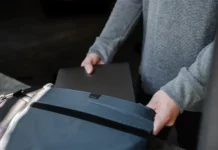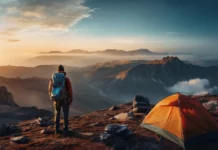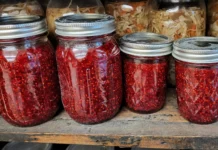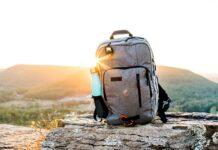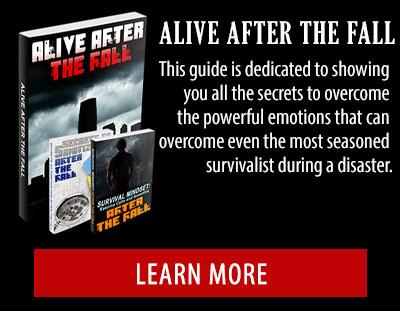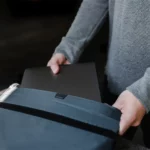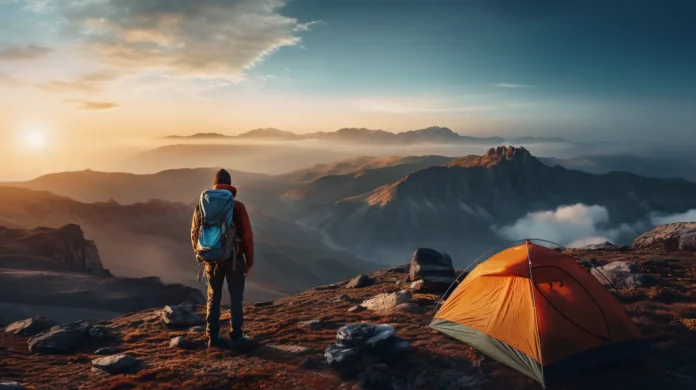
Today, we’ll be talking about the valuable survival lessons you can learn from going camping. Camping is not just about enjoying the great outdoors; it’s an opportunity to build essential skills that can come in handy in various survival situations, like grid down. So, grab your camping gear, and let’s jump into these 10 life-saving lessons!
Lesson 1: Fire Building. The first and most crucial survival skill you’ll learn from a camping trip is fire building. Camping teaches you how to start a fire using different methods, like friction, flint and steel, and using an array of different fire starters. Mastering this skill can be a game-changer in emergency situations.
This is also a great opportunity to perfect your fire starting in normal weather conditions or in harsh conditions, like the rain.
Lesson 2: Shelter Building. Camping also teaches you how to construct shelters using natural materials. Learning to create a sturdy shelter protects you from the elements and keeps you warm during unexpected weather changes. Your shelter is your home in the wild, and a well built and well-kept shelter can help keep morale high and allow your mind and body to rest.
Whether it’s in a hammock, tent or even a motor home, setting up camp will also help in understanding just how much time you’ll need for each type of shelter setup.
Lesson 3: Water Sourcing and Purification. In the wild, finding clean water is essential. Camping teaches you how to identify water sources and purify them using filtration systems or boiling methods to make it safe for consumption.
On average, a human needs about 2 to 3 liters (approximately 8 to 12 cups) of water per day to survive. However, individual water requirements can vary based on factors such as age, gender, body weight, physical activity level, and environmental conditions. In hot and humid climates or during intense physical activity, the water intake needs may be higher to compensate for increased fluid loss through sweat. Keep this in mind as your physical activity will be (at least) double in survival situations.
With some of the water filtration products you may have purchased over time, like Life Straws or Sawyer Minis, use your next camping trip as a chance to test them out and get used to how to use these items quickly and efficiently.
Lesson 4: Basic Navigation. Camping often takes you off the beaten path. Learning to read maps, how to use a compass, and how to identify landmarks helps you navigate through unfamiliar terrain, preventing you from getting lost. Learn the basics of using a compass and identify the location of your campsite related to surrounding hills, mountains, and other geographical features.
You don’t need to be an expert map reader to practice with a map. Load up a day pack with these basic navigational items and go for a hike.
Lesson 5: Knot Tying. Knot tying is a valuable skill in camping. From securing tents to building makeshift tools, mastering various knots ensures you’re well-prepared for any survival scenario.
Keep practicing basic knots but be repetitive so you can retain the information. Take some instructions with you on some basic, but essential knot types. When you are sitting around camp relaxing, just practice these knots with different sized string and rope and turn it into a learned skill.
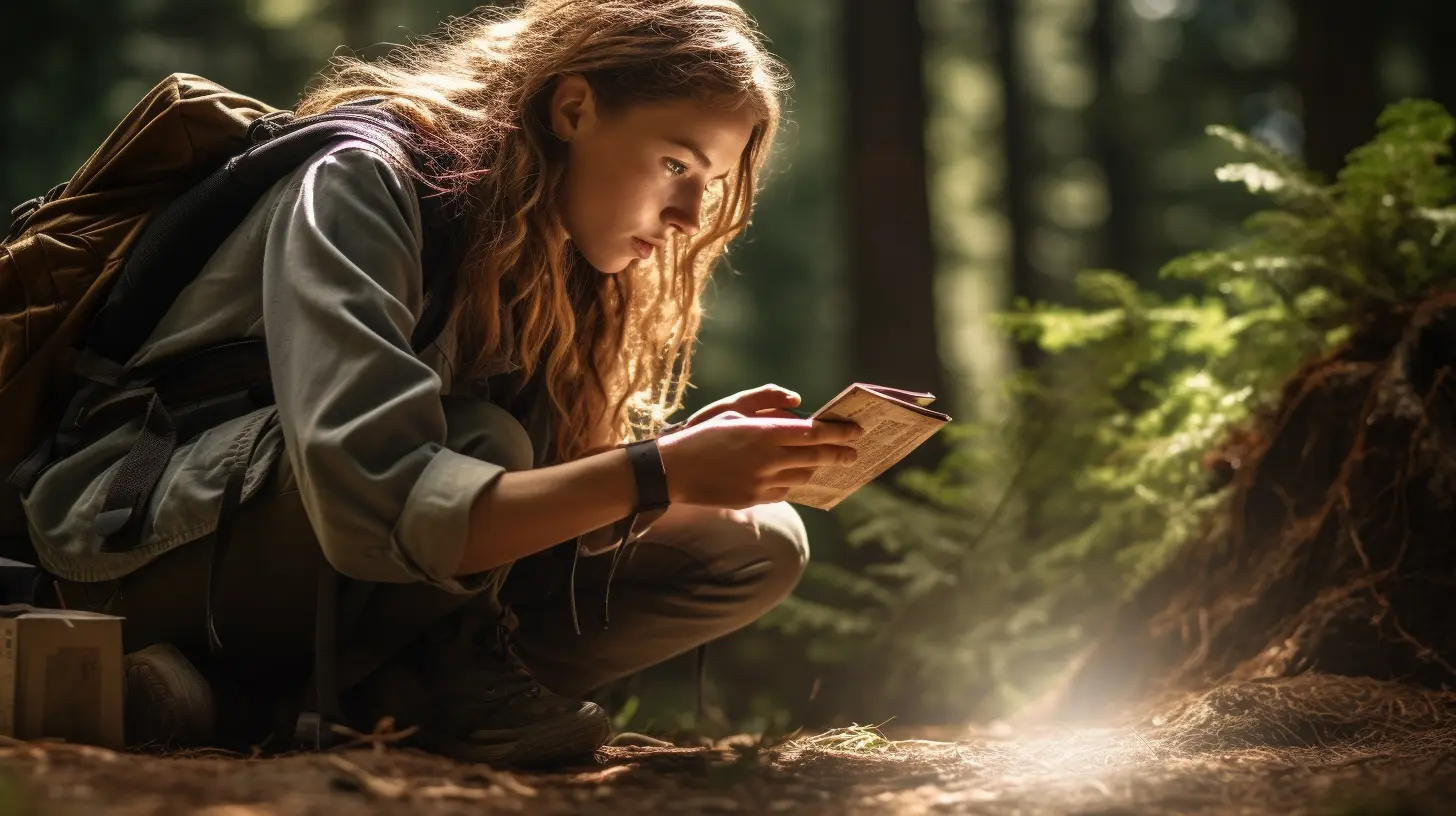
Lesson 6: Foraging and Identifying Edible Plants. Camping teaches you how to forage for edible plants or medicinal plants as well as identify poisonous ones. This knowledge can be vital if you ever find yourself in a situation without access to food.
Pick up a guide to identifying and foraging plants in your area. Use your next camping trip as a chance to learn about the plants and wild foods in that area. It won’t take long to be able to know what you can and cannot eat or use for medicine, on your next outing.
A couple of our favorite guides are The Lost Ways and The Lost Superfoods. These books offer a lot of great advice on identifying foods and plants and shows you how to prepare them for use and storage.
Lesson 7: Wildlife Awareness. Being in nature exposes you to a lot of wildlife. Camping helps you learn how to coexist with animals and how to avoid potential encounters, minimizing risks.
On your next camping trip, take a little time to identify area birds and learn how they communicate. Birds can be helpful in alerting people to danger.
Being able to identify animal tracks and learn movement patterns can teach you everything from identifying predators, to knowing where hunting areas could be.
Lesson 8: First Aid Basics. Accidents can and will happen, even in the wilderness. Camping teaches you basic first aid skills to treat injuries and provide immediate care until help arrives.
If you are camping where help may not be able to arrive, learning basic first aid like splinting and bandaging could help you get out of the wild alive, while injured.
Applying first aid can be tricky, so learn some of these skills while at home and use your next camping trip to apply those skills the best you can, with your limited resources in the wild.
Lesson 9: Adaptability and Resilience. Camping pushes you out of your comfort zone, teaching adaptability and resilience. These qualities are crucial for survival situations, as they help you stay calm and resourceful in challenging situations.
When camping, practice situational awareness. Go through scenarios in your head and given your location and resources, identify how you would address that scenario.
Lesson 10: Learning Respect for Nature. Camping teaches us to respect nature and understand how to follow the principles of the wild. We can learn to minimize our impact on the environment and ensure its preservation. When SHTF, the wild and nature will be all that is left. Learn it, understand it and respect it.
So, there you have it – 10 essential survival lessons you can learn from going camping. Remember, these skills aren’t just for the wild; they can be applied in everyday life, making you more self-reliant and prepared for whatever comes your way. So, get out there, embrace the wilderness, and let camping be your ultimate survival school.



